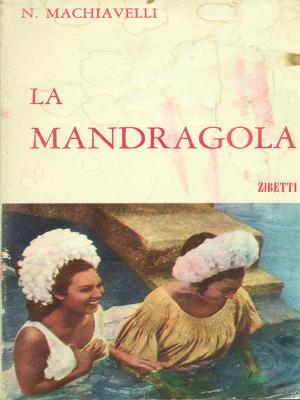What do you think?
Rate this book


159 pages, Paperback
First published January 1, 1524

"As far as conscience is concerned, you have to accept this common rule: the good must never be sacrificed for fear of the evil."
"Fear of the evil is greater than the evil itself."